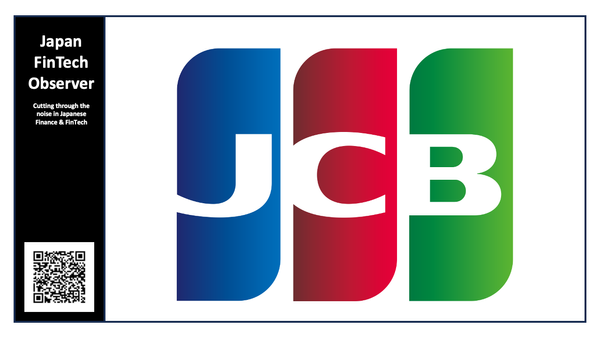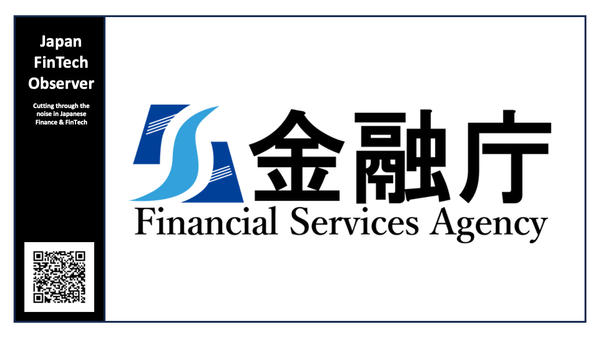FSA sanctions AEON Bank for AML/CFT deficiencies

The Financial Services Agency (FSA) has issued a business improvement order to AEON Bank pursuant to Article 26, Paragraph 1 of the Banking Act.
I. Content of the Business Improvement Order
- The Bank shall implement the following measures to foster a sound risk culture that emphasizes anti-money laundering and counter-terrorist financing (hereinafter "AML/CFT") measures, establish effective AML/CFT risk management systems, and ensure appropriate operations regarding suspicious transaction reporting:
- Promptly establish a system for timely and appropriate suspicious transaction reporting
- For transactions that were detected by the transaction monitoring system but left unaddressed without determining whether they constitute suspicious transactions, make determinations on whether suspicious transaction reports need to be filed and promptly file such reports
- Implement necessary measures for items that remain unaddressed among those required by the "Guidelines for Anti-Money Laundering and Combating the Financing of Terrorism" (published by the FSA in February 2018, hereinafter "the Guidelines")
- Clarify responsibility based on this administrative action and fundamentally strengthen governance, including active situation assessment and necessary direction by the Board of Directors and management, utilizing internal audit functions, to ensure implementation and establishment of the above measures regarding AML/CFT risk management systems
- Submit an improvement plan for the above Item 1 by Friday, January 31, 2025, and implement it immediately.
- Report on the progress and improvement status of the plan in Item 2 every three months by the 15th of the following month until the plan's implementation is complete (with the initial reporting date set for the end of February 2025).
II. Reasons for Administrative Action
Based on the results of FSA inspection and verification of reports requested under Article 24, Paragraph 1 of the Act, the following issues were identified regarding inappropriate business operations related to AML/CFT measures and underlying management attitude and systemic problems.
Inappropriate Business Operations Related to AML/CFT Measures
- Inappropriate Handling of Suspicious Transaction Reports
- i. Neglect of Transactions Detected by Transaction Monitoring System
The Bank left at least 14,639 transactions detected by the transaction monitoring system unaddressed without determining whether they constituted suspicious transactions during June to November 2023 and July to September 2024. This raises concerns about potential violations of the Act on Prevention of Transfer of Criminal Proceeds (Act No. 22 of 2007), as required reports may not have been filed. - ii. Backlog and Delays in Suspicious Transaction Reporting
Since May 2023, the Bank has shown continued long-term delays in the monthly average time taken from detection to reporting of suspicious transactions (reaching a maximum of 152 days in February 2024).
- i. Neglect of Transactions Detected by Transaction Monitoring System
- Incomplete Guidelines Compliance by System Development Deadline
The Bank failed to implement necessary system updates for establishing frameworks required by the Guidelines, complete regulatory documentation, and address various issues pointed out in the previous inspection, despite having sufficient time since then. The Bank did not complete system development by the deadline requested by the FSA (end of March 2024).
Management Attitude and Systemic Issues
Given increasing international demands and the current expansion of special fraud cases, AML/CFT measures should be considered one of the most important management issues in the financial industry. The FSA has repeatedly requested and communicated the need to establish AML/CFT risk management systems based on the Guidelines by the deadline.Despite this situation, the Bank showed inappropriate business operations as described in Item 1 and the following systemic issues:
- Systemic Issues in Suspicious Transaction Reporting
The Bank failed to allocate necessary personnel for suspicious transaction reporting operations, leading to neglect of transaction determinations and failure to appropriately monitor the situation. Additionally, when reporting backlogs and delays occurred, the Bank did not investigate causes or establish necessary systems for timely and appropriate reporting. - Systemic Issues Leading to Incomplete Guidelines Compliance
The Bank mistakenly believed that merely planning system updates by the deadline was sufficient without actual implementation. They failed to anticipate increased workload from delayed system implementation and still have not implemented the system. Furthermore, they overlooked ineffective checking systems for improvement progress in the main department and did not verify the effectiveness of strengthening measures, including the use of external consultants since the previous inspection. They also left follow-up on deficiencies identified by internal audit to the main department without monitoring progress until the system development deadline.
Please follow us to read more about Finance & FinTech in Japan, like hundreds of readers do every day. We invite you to also register for our short weekly digest, the “Japan FinTech Observer”, on LinkedIn, or directly here on the platform.
We also provide a daily short-form Japan FinTech Observer news podcast, available via its Podcast Page. Our global Finance & FinTech Podcast, “eXponential Finance” is available through its own LinkedIn newsletter, or via its Podcast Page.
Should you live in Tokyo, or just pass through, please also join our meetup. In any case, our YouTube channel and LinkedIn page are there for you as well.




